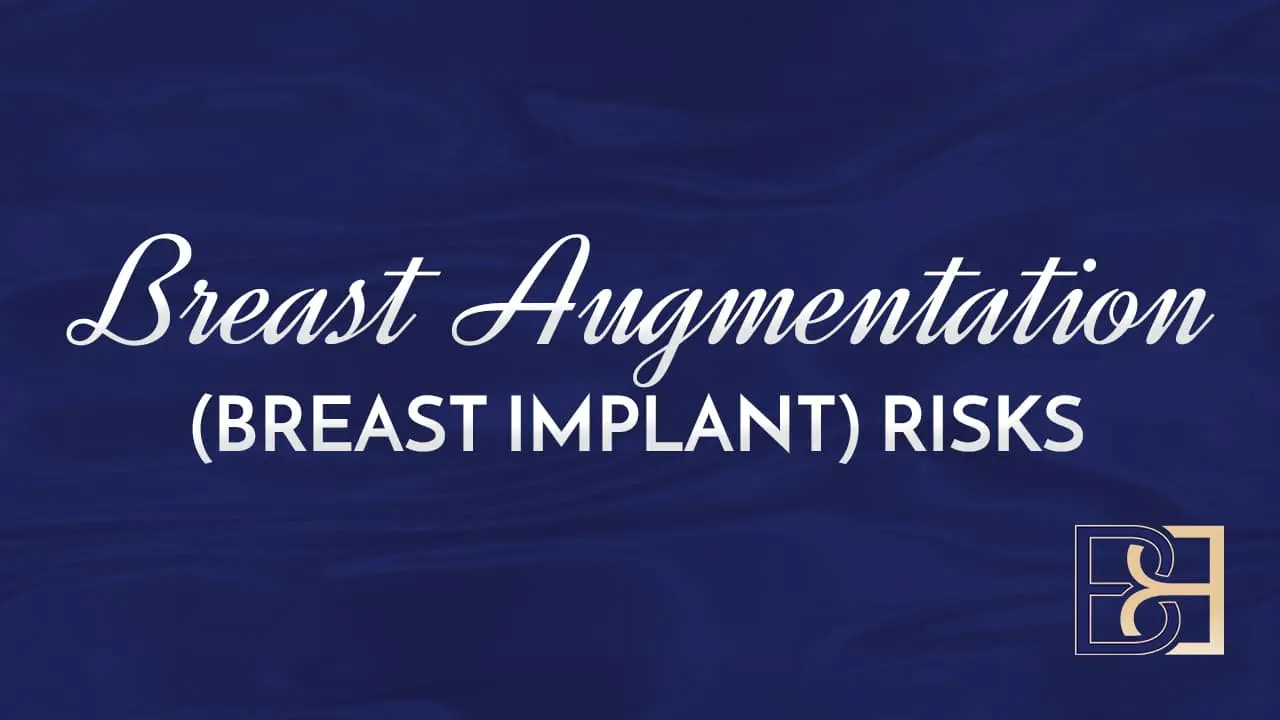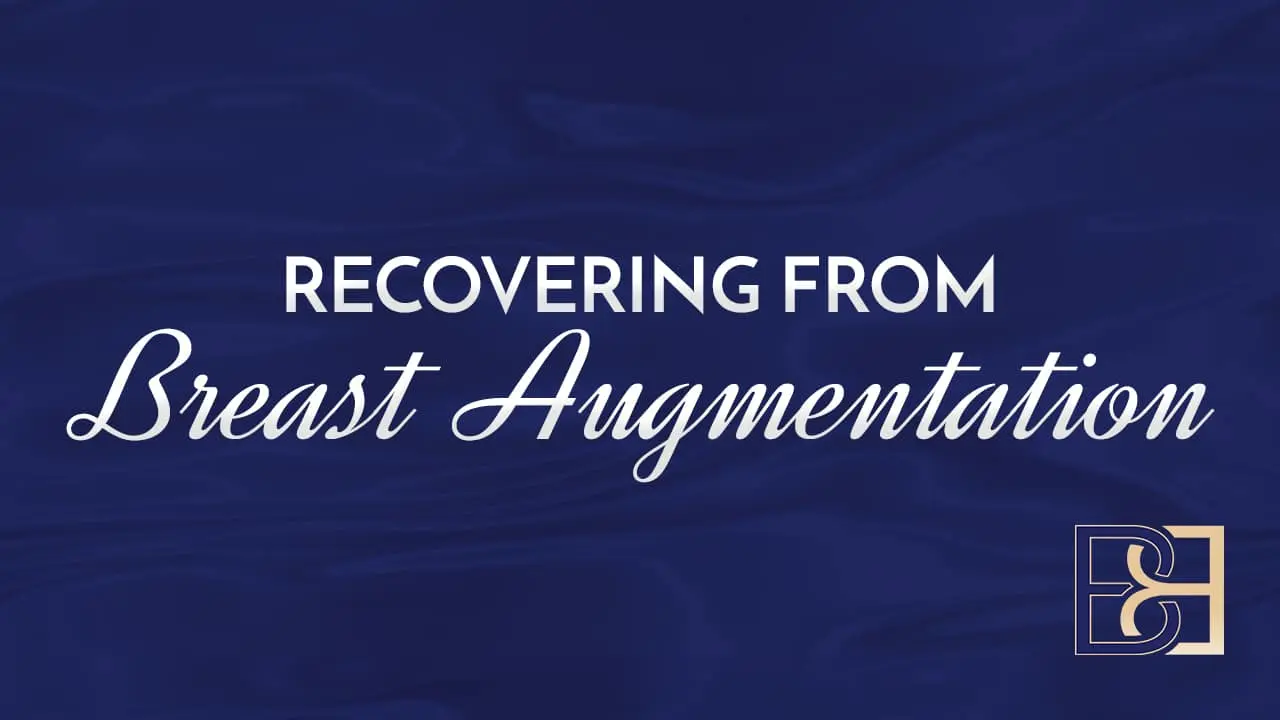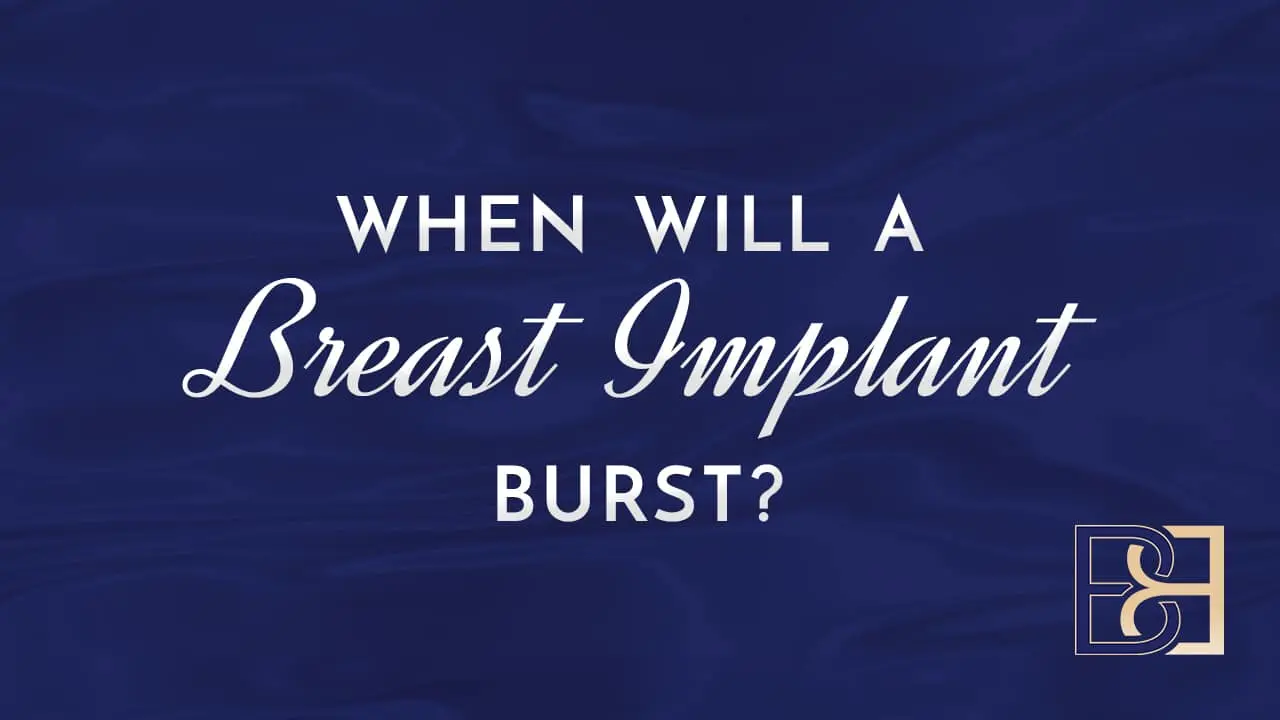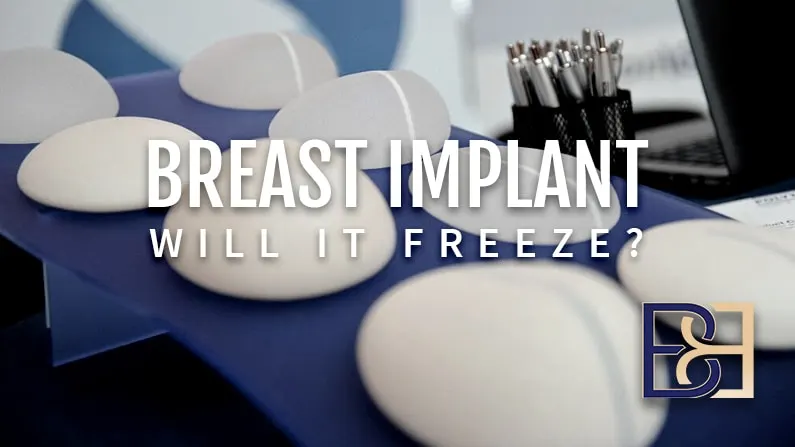Australia’s latest advancements in breast implant technology include Gummy-Bear, Keller Funnel, fat grafting, abdominal & perforator flap procedures, Ideal Breast Implant, and 3D-printed breast implants, among others.

Book your appointment online now
Breast implant technology has undergone significant advancements over the last several decades, providing today’s breast augmentation and breast reconstruction patients more options than ever. These advancements are not limited to breast implant models themselves, but also include ** in devices and techniques, leading to higher guarantees for ** and increased patient **.
Challenges Linked to Earlier Breast Implants
Many advancements in breast implant technology ** complications relating to former breast implants and techniques. Some of the common challenges associated with previous breast implants include:
Complications: Earlier breast implant devices have been associated with several complications and infections, from more serious issues like capsular contracture, implant rupture, and BIA-ALCL (Breast Implant-Associated Anaplastic Large Cell Lymphoma) to less severe complications such as implant malposition and rippling.
Longer Recovery Time: Many of the former breast augmentation techniques resulted in longer incisions, increased scar tissue, and greater surgical times, which, in turn, also increased the length of recovery.
Less Natural Feel and Look: Previous breast implant generations have not always provided patients with the ** and feel they expected.
Post-Surgical Pain: Former implant placement techniques resulted in more trauma to the patient, which also increased post-surgical pain once anaesthetic effects wear off.

Advancements in Breast Implant Technology
Below are some of the advancements in breast implant technology, including breast implant models, devices, and surgical techniques.
Ideal Breast Implant
The Ideal Breast Implant is an advanced unstructured silicon and saline implant option consisting of two chambers filled with a saline solution, allowing the plastic surgeon to customise the breast implant to a ** and size.
The internal structure of the Ideal Breast Implant consists of a series of nested shells that support the upper pole when upright, controlling the movement of the saline solution and giving it a more **.
Ideal Breast Implants combine the peace of mind of saline-filled implants with the ** and feel of silicone-filled implants. The use of this type of implant minimises the risks of unstructured silicone and saline implants, including implant rupture and capsular contracture. In addition, ruptures are easily detectable without requiring an MRI, allowing the saline solution to be ** absorbed into the body.
Ideal Breast Implants are also form stable, conforming to the breast’s **, which provides for a lower risk of rippling and folds. A study on the Ideal Breast Implant notes that “[t]he IDEAL IMPLANT was found to be more shape stable compared to gel implants.”
Ideal implants are not yet available in Australia.
Keller Funnel

A Keller funnel is a cone-shaped surgical device made from sterile, soft, flexible, and transparent polymer vinyl, used to ** the insertion of the silicone breast implant in the breast pocket, thus, reducing the risk of bacterial contamination.
Silicone breast implant insertion procedures performed without the Keller Funnel involve squeezing and pushing the implant through the incision by hand. This is not only time-consuming but requires a high level of expertise and care to minimise the risk of trauma to the implant and the patient, especially when placing the implant under the pectoral muscle or using remote incisions.
Because the coating inside the funnel is hydrophilic, it gets slippery after hydration, allowing for seamless movement through the funnel into the pocket. This significantly reduces the time needed to push the implant through the incision, thus also reducing the overall surgery time. This technique also reduces trauma to the implant’s shell and the patient, reducing the risk of implant rupture and the need for a more extensive incision.
In addition, the Keller Funnel advances the “no touch” technique, minimising the risk of implant bacterial contamination. Bacterial contamination, one of the leading causes of capsular contracture, is common during insertion when the implant comes into contact with the surgeon’s gloves, the patient’s skin, or other external surfaces.
A review of the Keller funnel’s effectiveness concludes that “[t]he Keller funnel is a useful method for no-touch breast augmentation and reconstruction surgery. The Keller funnel reduces subsequent capsular contracture rate, surgical time, and incision length and allows for easier insertion.”

Fat Transfer (Fat Grafting) Technique
Fat transfer, known as autologous fat grafting, involves suctioning fat from other parts of the body, such as the thighs and abdomen, purifying it to remove excess oil, water, and blood, and injecting it into the breasts.
Fat grafting is used in breast enlargement surgery to ** breast shape and size as a natural substitute for breast implants. It is also used in breast reconstruction to correct deformities, ** symmetry, and fill volume. Fat grafting can also be used together during mastopexy (breast lift) with implants or on existing breast implants to ** the breasts.
To perform a fat graft procedure, most surgeons use a syringe with a 2mm cannula injecting fat into the breasts into separate planes. This increases the fat retention rate and reduces complications like the formation of oil cysts and calcifications. A study on advancements in surgical techniques for breast reconstruction notes that “[r]etention of a fat graft is greatly influenced by the condition of the graft bed and purified fat.”
Patients requiring fat grafting must have sufficient fat donor sites. It’s worth noting that fat grafting may require multiple sessions before achieving the **.

Download our guide: “How to Choose a Breast Implant”
Gummy Bear Implants

Gummy Bear implants are highly cohesive silicone gel breast implants available in round and teardrop shapes. The implant is made of a silicone shell and is filled with silicone gel. The thick silicone shell reduces the risk of implant rupture, increasing its durability and **. In addition, the silicone gel is also highly viscous, making the implant firm and maintaining its shape even after implant rupture.
Teardrop-shaped Gummy Bear implants have the ** breast, giving them a more natural feel and look than other silicone implants. They also have a textured surface, allowing integration with the breast tissue and a reduction in movement. It’s also important to note that Gummy Bear implants require a larger incision and are more expensive than round Gummy Bear Implants.
Abdominal & Perforator Flap Procedures
Abdominal & Perforator Flap procedures involve removing a skin flap, fat tissue, and blood vessels from one body part and transferring it to the breast. The procedure requires expertise to remove the skin flap while preserving the blood vessels and reattaching the flap to the breast without damaging the vessels.
Abdominal flaps are the commonly used flap procedures. However, they pose the risk of damaging the rectus abdominis, causing complications like an abdominal hernia. Medical researchers developed the DIEP (deep inferior epigastric artery perforator) flap to solve this. This abdominal skin flap facilitated the evolution of perforator flaps.
A study of Abdominal & Perforator Flap Procedures for breast reconstruction notes that “[t]he DIEP flap has gained popularity in the field of breast reconstruction, and currently represents the most frequently used flap in breast reconstruction.” The study also notes that “[t]he DIEP flap is useful for reconstruction in women with a hereditary risk of breast and ovarian cancer who underwent bilateral risk-reducing mastectomy.”
Perforator flap procedures were developed to ensure the preservation of the rectus abdominis. Perforator procedures, like the inferior/superior gluteal artery perforator (GAP) flap, have also gained popularity in breast augmentation mammoplasty surgery and reconstruction. The procedure involves dissecting a skin flap from the buttocks, which offers thick adipose tissue and high fibrous connective tissue tension.
Perforator flap procedures minimise the risk of breast implant-related complications in breast augmentation and breast reconstruction. Other perforator flap procedures include the Lumbar artery perforator flap and the Profunda artery perforator flap.
3D-Printed Breast Implants
Manufacturers are constantly searching for ways to create ** implants to ** challenges resulting from synthetic breast implants. Advancements in tissue engineering and 3D printing techniques have combined to create biodegradable breast implants for breast implant surgery and reconstruction.
3D-printed breast implants use biocompatible and biodegradable materials to create breast implants that allow the growth of new blood cells and breast tissue. Therefore, they integrate with the existing breast tissue after a few months of insertions.
The Healshape implant, printed with hydrogel, a biocompatible porous polymer, is one type of 3D implant that takes approximately 6-9 months for the body to absorb. Other manufacturers like Lattice Medical use materials similar to those used for dissolvable sutures. The implant takes approximately 18 months to dissolve and integrate with the breast tissue.
Tissue-engineered implants are the future of breast surgery, offering numerous advantages, including:
Customisable
Patient isn’t left with foreign material like the case of synthetic breast implants.
No risk of leakage or rupture.
Made with the patient’s natural breast tissue.
Do not require replacement or revision surgeries.
It’s worth noting that 3D-printed breast implants are still in the development and clinical trials phase and, therefore, are not yet clinically available.

Pros and Cons of New Generation Implants and Surgical Techniques
Just like traditional surgeries, these new techniques come with various benefits and downsides. These include:
Pros
Natural look and feel: New-generation implants offer an ** natural look and feel.
Minimal risk of complications: New generation implants/devices, and procedures are developed to minimise the risk of complications such as capsular contracture, implant leakage, and breast cancer.
Reduced recovery period: The use of advanced surgical tools ensures precision, reducing the recovery period.
Minimal post-surgical pain: New-generation surgical tools like the Keller funnel ** implant insertion and promote smaller incisions, reducing the trauma to the patient.
Cons
Higher cost: New-generation implants have a high cost compared to traditional breast implants.
More invasive: Some advanced procedures are more invasive, resulting in increased cosmetic surgery and recovery period.
Increased risk of complications: There’s a risk of developing new complications resulting from these advanced implant models and procedures.
Bottom Line
Breast implant technology advancements have revolutionised breast reconstruction and breast augmentation (mammoplasty) surgeries. This is evident in surgical procedures, devices, and breast implant models advanced to solve challenges relating to previous implant models and techniques. Patients now have a wider range of breast enlargement (breast augmentation) choices without compromising their ** or expected results.
Book your appointment online now
Making Your Breast Augmentation Experience with Dr. Beldholm Stress-Free, **, and **
Undergoing surgery, big or small, is a significant event in your life. Thus, we’re committed to ensuring your journey towards better health is as ** and stress-free.
To help make the experience as pleasant as possible, we’ve created dedicated pages for patients travelling to the Hunter Valley for their surgery with Dr. Beldholm. On these pages, you’ll find essential information to assist you in planning your trip, including directions from various starting points and information about interesting places to see and dine while visiting the area. For those undergoing procedures at Maitland Private Hospital, we have put together a list of preferred hotels, motels, and apartments.
Important Patient Information
A GP referral is required for for your consultation with Dr Beldholm
To begin your **, schedule a virtual consultation with Dr. Beldholm.
Following your initial Zoom discussion, our patient coordinator will provide you with a detailed quote, including all associated costs for your chosen procedure.
An in-person meeting with Dr. Beldholm at the Lorn clinic, located at 30 Belmore Rd, Lorn, NSW, is the next step. During this visit, you’ll receive a finalised quote and a proposed date for your surgery.
For the sake of your health and **, we require that a trusted individual (such as a spouse, partner, family member, or close friend) accompany you throughout your stay in Maitland. If you’re unable to bring someone, we can arrange for a nurse to assist you. This support is crucial in the days immediately following your surgery, as you’ll need help with everyday activities during your recovery.
References
Nichter, L. S., Hardesty, R. A., & Anigian, G. M. (2018). IDEAL IMPLANT Structured Breast Implants: Core study results at 6 years. Plastic and Reconstructive Surgery, 142(1), 66–75.
Morkuzu, S., Ozdemir, M., Leach, G. A., Kanapathy, M., Mosahebi, A., & Reid, C. M. (2022). Keller Funnel Efficacy in “No Touch” Breast Augmentation and Reconstruction: A Systematic Review. Plastic and reconstructive surgery. Global open, 10(11), e4676.
Moyer, H. R., Ghazi, B., Saunders, N., & Losken, A. (2012). Contamination in Smooth Gel Breast Implant Placement: Testing a Funnel Versus Digital Insertion Technique in a Cadaver Model. Aesthetic Surgery Journal, 32(2), 194-199.
Montemurro, P., Fischer, S., Schyllander, S., Mallucci, P., & Hedén, P. (2019). Implant Insertion Time and Incision Length in Breast Augmentation Surgery with the Keller Funnel: Results from a Comparative Study. Aesthetic plastic surgery, 43(4), 881–889.
Brandon, H. J., Nichter, L. S., & Back, D. D. (2019). New Evaluation Procedure for Multi-Dimensional Mechanical Strains and Tangent Moduli of Breast Implants: IDEAL IMPLANT® Structured Breast Implant Compared to Silicone Gel Implants. Bioengineering (Basel, Switzerland), 6(2), 43.
Tomita, K., & Kubo, T. (2023). Recent advances in surgical techniques for breast reconstruction. International journal of clinical oncology, 28(7), 841–846.
Patel, B. C., Wong, C. S., Wright, T., & Schaffner, A. D. (2022b, August 1). Breast implants. StatPearls – NCBI Bookshelf.
Nakagawa, T., Oda, G., Mori, H., Uemura, N., Wakana, K., Oshima, N., Tokunaga, M., Sato, Y., Hayashi, K., Kumaki, Y., Ishikawa, T., Okamoto, K., & Uetake, H. (2021). Laparoscopic Abdominal Surgery after Primary Breast Reconstruction Using an Abdominal Flap. Medicina (Kaunas, Lithuania), 57(9), 952.
Aziz, M. B., & Rose, J. (2023, July 24). Breast reconstruction perforator flaps. StatPearls – NCBI Bookshelf.
Shauly, O., Gould, D. J., & Ghavami, A. (2022). Fat Grafting: Basic Science, Techniques, and Patient Management. Plastic and reconstructive surgery. Global open, 10(3), e3987.
Shih, L., Davis, M. J., & Winocour, S. J. (2020). The Science of Fat Grafting. Seminars in plastic surgery, 34(1), 5–10.
Xue, E. Y., Narvaez, L., Chu, C. K., & Hanson, S. E. (2020). Fat Processing Techniques. Seminars in plastic surgery, 34(1), 11–16.
Newman, A. N., & Davison, S. P. (2018). Effect of Keller Funnel on the Rate of Capsular Contracture in Periareolar Breast Augmentation. Plastic and reconstructive surgery. Global open, 6(6), e1834.




